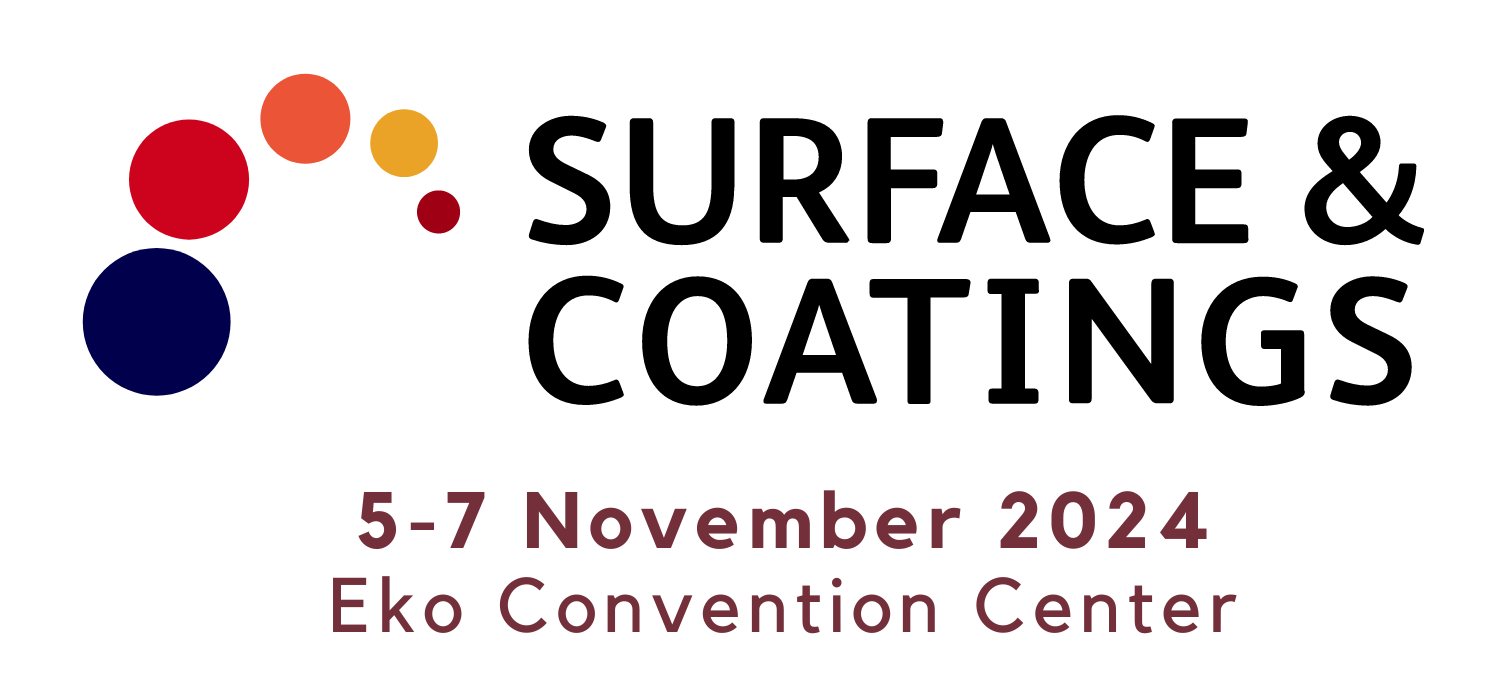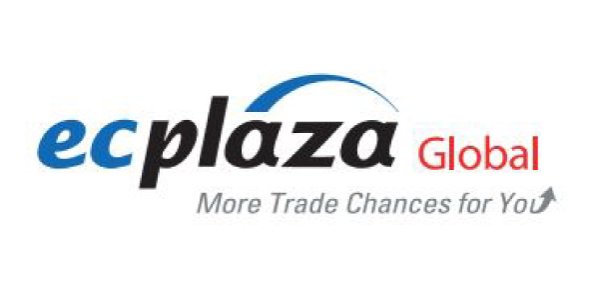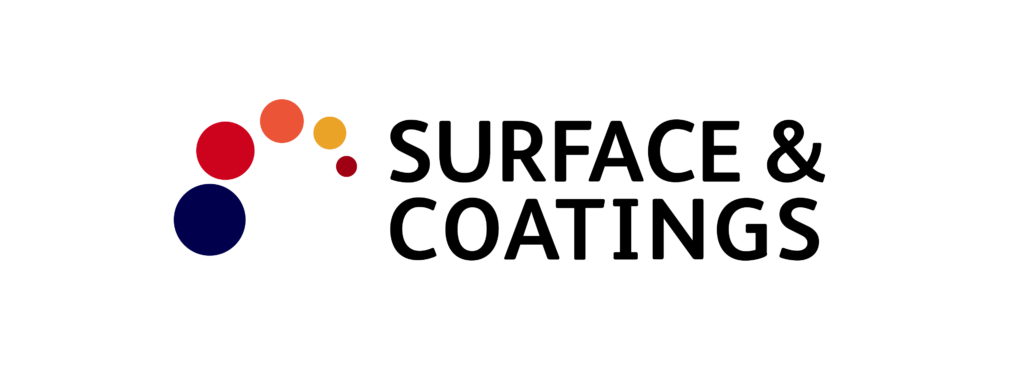
The performance of Africa’s tourism and hospitality sectors has been on a growth trajectory triggering a surge in demand for new hotels and additional rooms that are driving the consumption of high-quality coatings with the potential to create attractive exteriors and interiors with lasting impressions on visitors lodging in these accommodation facilities.
A new report by Lagos-based consultancy firm W Hospitality Group estimates that 100 new hotels were opened in Africa in 2017 and 2018 with total of 16,000 rooms, which most likely have their externals and internal surfaces coated with paints characterized by their durability, have high-level reflectivity to reduce indoor temperatures and hence minimize the need for use of energy-consuming air conditioners.
The report “Hotel Chain Development Pipelines in Africa” said by April 2019 an estimated 110 new deals had been signed for the construction of an additional 18,655 hotel rooms compared to 94 deals with a combined room capacity of 14,606.
“We are seeing increased momentum in deal activity across the whole continent and across a diverse range of projects,” said Mike Collini, Hotel Hilton’s VP, Development for Sub-Saharan Africa.
He said the current trend in Africa’s hospitality industry “is providing real opportunities for our clearly segmented portfolio of brands covering the brand spectrum from luxury to economy.”
In 2018, Africa received an estimated 67 million international tourist arrivals up from 63 million and 58 million in 2017 and 2016 respectively.
More international and domestic tourists are expected in the short and medium-term according to JLL’s Hotels & Hospitality Group, supported by Africa’s expanding economy and growing regional trade.
“Tourist numbers are projected to increase by 5.7 percent per annum in Africa compared to 3.2 percent globally up to 2030,” the Group says.
“JLL projects hotel demand to increase at a rate of five percent per annum between 2018 and 2020, yet notes that this growth varies across the continent with certain countries, on a higher growth trajectory, whilst other markets are contracting,” it added.
JLL predicts a 1.5 percent increase in hotels and additional rooms in North Africa every year and a further 3.5 percent in sub-Saharan Africa with investments of $2.1 billion in 2018 with the potential to rise to $2.7 billion by the end of 2020.
This growing investment in new hotel construction and remodeling or upgrading of existing ones to accommodate the increasing number of international and domestic visitors is a major opportunity for manufacturers and suppliers of coatings and paints across the continent that has seen its population surpass the 1 billion mark to stand at 1.18 billion.
Africa’s hospitality industry and the region’s coatings and paint economic sector is riding on the continent’s growing economy to improve their performance even as they support one another to improve their revenues.
According to the African Development Bank, the continent’s economy grew to 3.5 percent in 2018 as was in 2017 but higher than the 2.1 percent of 2016. It projected Africa’s economy will surge to four percent in 2019 and 4.1 percent in 2020.
This is important for Africa’s hospitality as such growth indicates the presence of peace and security that is critical for the tourism industry, which in turn is the key driver of the expanding hotel construction and upgrading market that comes with increased new painting
and repainting.
However, the benefits anticipated by both the hospitality and coatings industries may not have cut across the continent as Japanese chemical company and maker of automotive, industrial and decorative coatings, Kansai Paint Co., Ltd. found out in South Africa in 2018.
“Amid the sluggish economy in South Africa and neighboring countries, we continued to endeavor to promote sales,” Kansai told shareholders at the end of the 2018 trading year. The country’s economic growth at the time was 0.7 percent down from 1.3 percent in 2017.
“Despite a decline in raw material prices, we continued to face significant pressure from currency depreciation and the intensified price competition,” it said of the South African market.
Kansai’s South Africa subsidiary, Kansai Plascon Africa, which previously acquired Sadolin Kenya, Sadolin Uganda and Sadolin Tanzania, said net sales for 2018 declined by 12.6 percent compared to 2017 to $156.4 million while ordinary loss including the amortization of goodwill ended at $155 million.
Similar challenges and even more prevailed in East Africa in the recent past with leading paint maker Crown Paints Co. Ltd., saying across the region “the political environment has not led to a revamp in market activity in the paint sector of the construction industry.”
Company Chairman Mhamud Charania singles out Tanzania where he said, “there was slow growth because of uncertainty in the business environment and the recent reduction in foreign and domestic investment which was affected by the change in government policies.”
“The Tanzanian market being largely an economy market, profitability remained under pressure due to cut-throat competition,” he said.
But in Kenya, Charania said, “The business environment improved as political stability and business confidence returned thus leading to better output from the real estate and manufacturing sectors.”
Moreover, Charania observed that despite the enhanced regional integration through the East African Community, “member States disputes and the spill-over effects of other neighboring countries conflict, continued to pose a risk to growth in the region.”
“These challenges are constraining investment and market growth, and as a result are detrimental to the economic performance in the entire East African region,” he added.
However, the company is optimistic about the East Africa market demand “as economic growth of the region expands, taking into consideration our position both in terms of strategic and operational preparedness.”
“We also expect to draw benefits from the current calm political environment that has given a stable business environment and increased customer confidence, which is expected to drive up our performance and with cost optimization, our profitability,” said Rakesh Rao, Crown Group’s chief executive director.
What raises Crown Paints and other players in Africa’s coatings industry optimism is what Marriott International, an American multinational diversified hospitality company, said is “Africa’s potential and the opportunities the continent has to offer.”
“With economic growth, a rising middle class, and rapid urbanization, the demand for travel and high-quality lodging is growing, providing us with a significant opportunity to enhance our footprint and play our part in supporting many emerging markets across the continent,” said Alex Kyriakidis, president and managing director Middle East and Africa.
As Africa’s coatings industry moves into 2022, it is this anticipated growth in demand for travel and high-quality lodging facilities that paint manufacturers are expected to ride on to expand their share in supplying the likely surge in demand for paints in the continent’s hospitality industry.







